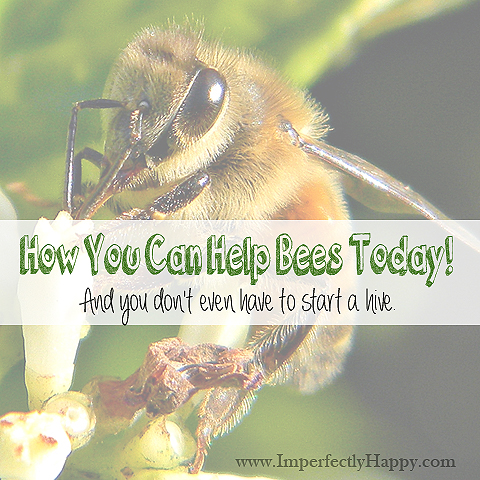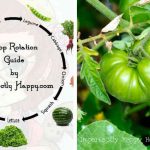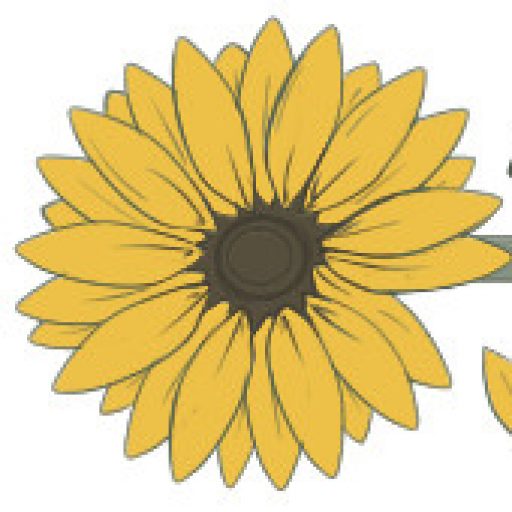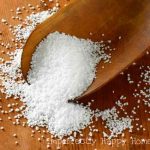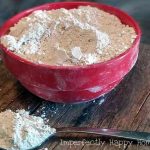How to help bees today: You and I can make a difference in the dying and sick bee population. The news has reported on our worldwide declining bee population but the problem persists. But the problem is still fixable, if we all put in a little more effort to help these amazing pollinators. So how can you help bees today? I have 5 simple ways to do that. Do them all, or at least 1. Remember that without bees it is estimated that more than 2/3 of the world’s crops would be gone. It isn’t just honey that these lovely bugs help to produce.
How to Help Bees Today
You aren’t going to be required to start a hive or your own. However if this appeals to you there are ways to start a small colony right in your own backyard. Check out Backyard Beekeeper – An Absolute Beginner’s Guide to Keeping Bees in Your Yard and Garden![]() .
.
Top 5 Ways We Can Help Bees Today
1. Start planting flowers and flowering herbs and vegetables. We can help bees by providing safe environments for them. Make sure your garden and yard includes bee attracting flowers (native is best) as well as herbs and vegetables that flower. These are safe havens in world of monoculture farms, concrete jungles and the pristine yards in the burbs soaked in pesticides.
If you’re unsure what to plant? Check out this amazing map that can tell you the wild or native plants to include in your gardens to create your own bee sanctuary: Pollinator Conservation Resource Center.
2. NEVER use chemicals or pesticides on your garden, grass or plants! Don’t even spay those weeds in the cracks and groves of your sidewalk. It just isn’t worth it. There is so much damage to undo, the least is to stop creating a problem. Some pesticides kill bees instantly, others do not. Some of these chemicals lay dormant to give the bee enough time to get back to its colony, possibly infecting others. Still some pesticides only affect young, developing bees; slowly killing a colony.
If offering help to the bees weren’t enough, the long term affects of pesticides on humans are still being studied. Do we really need to be an experiment?
3. What you don’t grow, buy organic and local. The best thing we can do is grow a garden full of organic veggies. But if you aren’t growing something buy local and organic foods. We help bees, our local bees, by helping the farmers that give them due respect. Visit farms, go to a farmer’s market, join your local CSA. Not only will you help bees, you will send a strong message with your dollar! If you can’t get local, at least buy organic. Organic farms are not using the very pesticides that are killing our bees. Getting the official “seal” of organic is expensive so support organic but talk to your local farmers. These local farmers may not be using pesticides but cannot afford to get the license required to be officially organic.
4. Buy raw, LOCAL, honey. If you like honey, buy locally. Local, and especially raw, honey has amazing health benefits from allergies to digestion. Supporting your local beekeepers will keep these colonies of healthy bees going. Not to mention your local beekeeper is going to be a wealth of information on native plants that their bees are hungry for!!!
You can usually find local honey at your farmer’s market. If not, ask around; someone knows a beekeeper!
5. Give them a drink. Another great way to help bees is to offer them a safe water source. A shallow bowl or basin, with few rocks or marbles, in it will give them a place to drink without drowning. I keep mine up high where my dogs won’t drink out of it!
BONUS! Educate yourself and pass on the knowledge. I’m not an expert, I’m just sharing what I’ve learned. You can do this too, right in your own community. Study up on bees, their nature and needs, especially locally. I know there has been a lot of scares over Africanized bees but knowledge is power. There are safe ways to have bees, even Africanized bees, removed without killing them. I’ve been reading that some beekeepers are finding that the Africanized bees can “tamed” by introducing a European Queen bee into an Africanized colony.
Educate others with the knowledge you have. This is the key to changing the outlook for bees, our food and our health.
photo credit: Fuzzy Wuzzy Nectar Vector via photopin (license)
